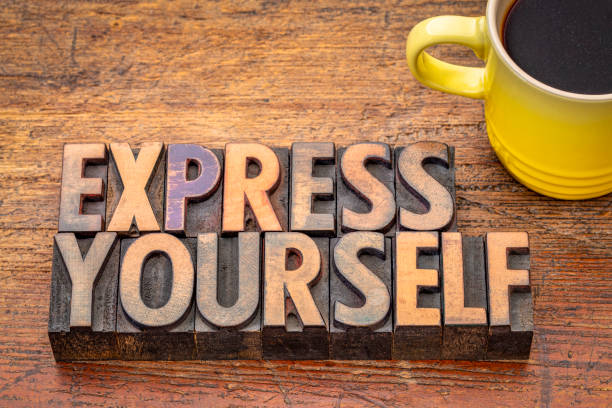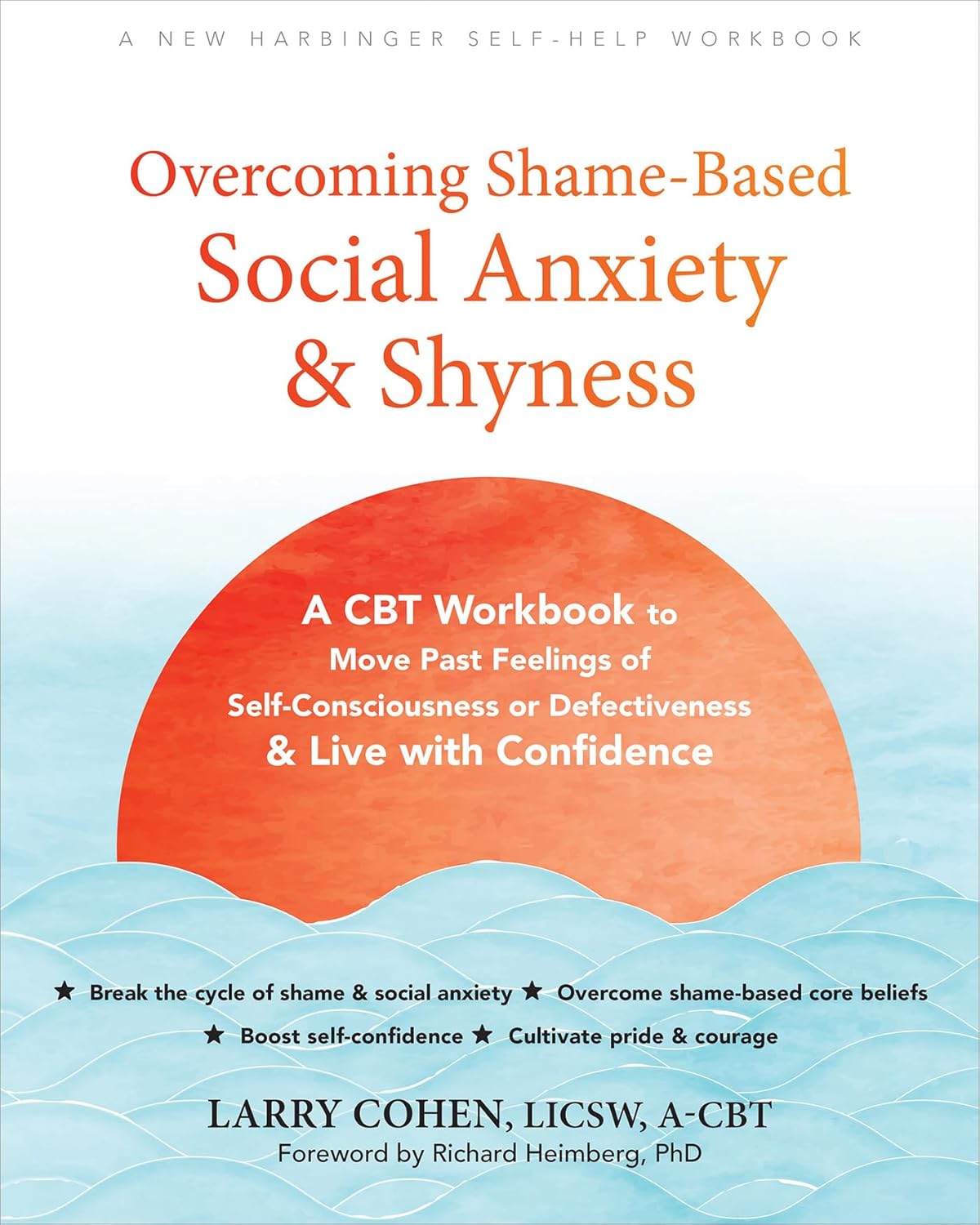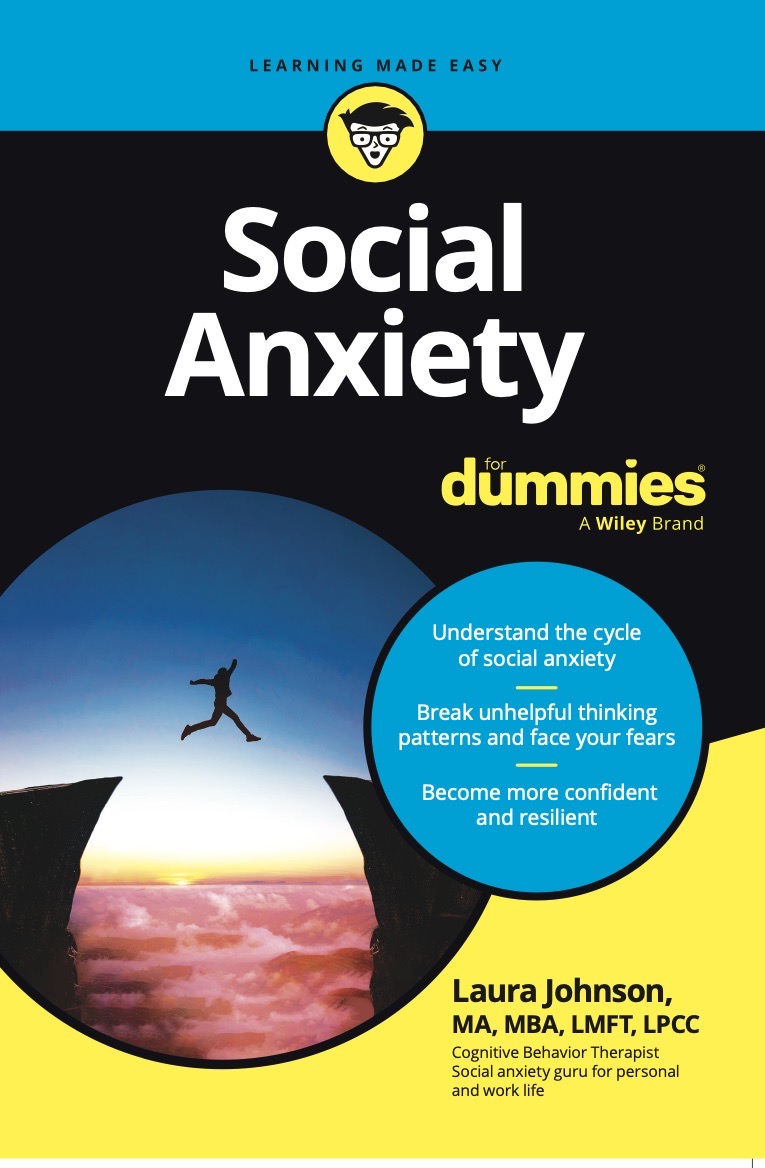While the idea of introducing yourself to someone new is a very common challenge for those who struggle with social anxiety, for many the greater and often overlooked pain comes from difficulty deepening relationships to a more meaningful level. Many clients I have had the honor of working with have reported making some progress with initiating contact with others or social activities, though get stuck with how to maintain and broaden these connections over time. Perhaps you’re not sure what the “right” step is to take at a certain point in time, or you find yourself having worrisome thoughts that your gesture won’t be welcomed, or it will be received as a burden. Here I will describe some of the most common stuck points I have observed in individuals with social anxiety struggling to deepen relationships, with some helpful directions on how to break through them and keep those connections building.

Don’t let the ball drop
One very common roadblock is difficulty keeping up the practice of initiating, replying, and following up with communications and plans with acquaintances of yours. This might take the form of initiating or responding to a text thread, leaving and/or responding to a voicemail (I know), or following up with some potential plans that were discussed with someone. If any of these actions feel consistently torturous for you, it’s likely because some of the core processes underlying social anxiety are getting in the way. These processes, as well as some helpful alternatives include:
- Over-thinking and perfectionism: This occurs when we have too high of standard for ourself in the social situation, to the point that we get stuck dwelling on what the “right” action or thing to say is to avoid a potential negative response or judgment.
Instead, when you catch these thoughts occurring you can practice cognitive restructuring to help shift your thinking to have a more balanced expectation, and then identify a clear and achievable goal to focus on, as opposed to the “perfect” response.
- Procrastination: This kind of rumination and perfectionism can be very uncomfortable to experience and lead to wanting to avoid dealing with by procrastinating or avoiding the situation.
Learning to shift your relationship to your thoughts and emotions as they arise can help you gain confidence in tolerating and moving through them, thereby decreasing avoidance behaviors. Learn more about coping with procrastination in social anxiety here.
- Fear of rejection: Interpreting a potential rejection as intolerable, or a sign of something personally wrong with us if it were to occur.
Shifting your thinking to de-personalize rejection can help experience it as something you can cope with. Learn more about CBT skills to help with the fear of rejection here.
Letting yourself be seen
Another challenging roadblock to deepening relationships is avoiding letting your true self be shared with and seen by others. Often times with social anxiety, there is a distorted, negative underlying self-image or perception of something flawed within that is in danger of being exposed to others. This distortion contributes to an expectation of judgment or criticism from others, and a behavioral pattern of subtly or overtly avoiding sharing your true thoughts, feelings, interests, and needs. This becomes such a big stuck point to deepening relationships because allowing your true self to be seen and moments of vulnerability are often the building blocks of such friendships or romantic relationships. Making the choice to share yourself more authentically in this way does entail accepting the possibility that it just might not be a good match with someone. However, summoning the courage to do so, and acting on your value of developing the kind of relationships you want in your life is what opens up real possibility for change.

Below are some initial behavioral goals on how you might test out and challenge these unhelpful perceptions and avoidance behaviors:
- Try to identify examples where you might typically avoid or let pass opportunities to express yourself, and instead set yourself a goal to share an opinion, preference, like or interest, or a dislike or disinterest.
- Identify concrete ways you can ask for help from a friend or acquaintance, or offer help in some way which you might typically avoid.
- Practice asserting a limit or setting a boundary which you might typically let slide. For example, expressing what your preference for a meal or weekend plan might be if the norm is for someone else to typically do so.
- If you typically only gather in a group setting with particular people, think of who you could invite to an one to one social activity. Or alternatively, if you are typically only comfortable spending time with select people individually, find opportunities to expose to a group setting.
As you might have already gathered by understanding the above roadblocks, there is no great secret or achievement within yourself you need to unlock in order to be capable and worthy of deep and meaningful relationships. Instead, recognizing and releasing the patterns of thought and behavior that get in the way of maintaining contact and being and sharing yourself with others can free you to develop the relationships you want over time.
Written by,
Robert Yeilding, Psy.D.
NSAC – Bixby Knolls – Long Beach, CA











